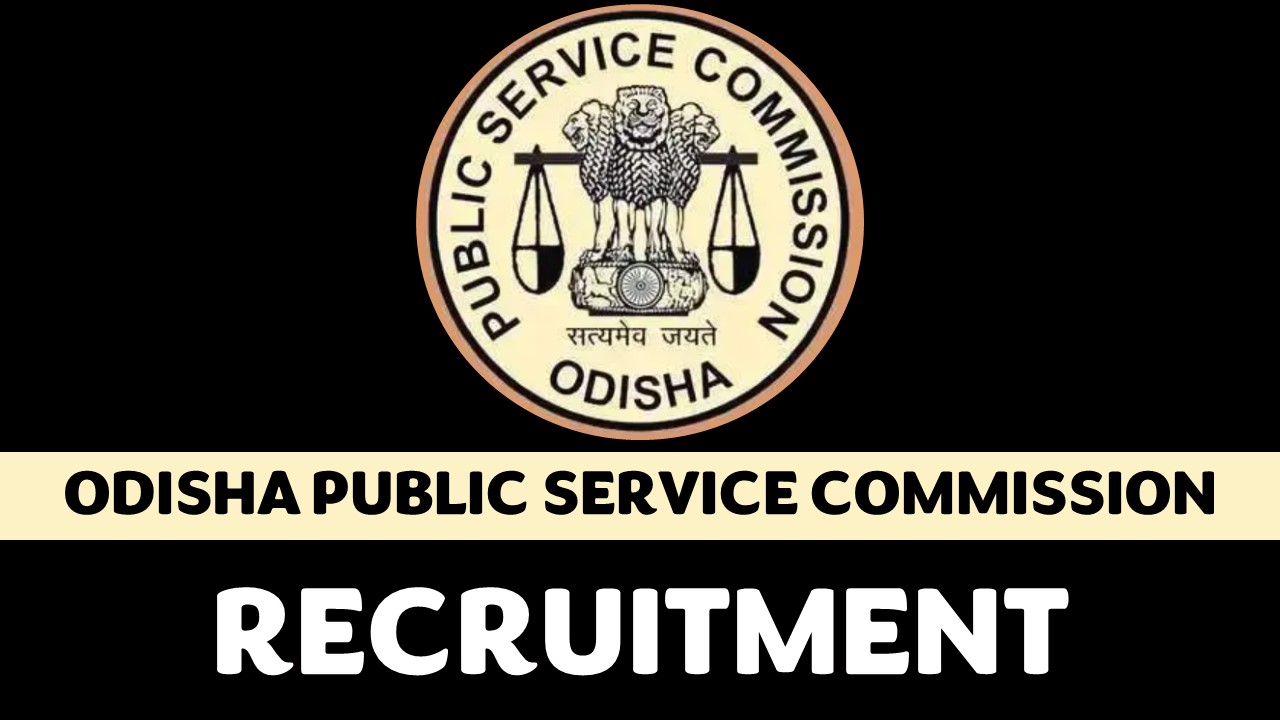Choosing the Shortest Syllabus: A Guide to the UPSC Optional Subjects with Lesser Content

Choosing the Shortest Syllabus: A Guide to the UPSC Optional Subjects with Lesser Content
The Union Public Service Commission (UPSC) test is well-known for its comprehensive syllabus, which includes a wide range of subjects. However, among the different exam components, the selection of an optional course might have a considerable impact on an aspirant’s preparation. While some optional disciplines have extensive and detailed syllabi, others have a much shorter term of study. In this post, we will look at various UPSC optional subjects with shorter syllabi, which will allow candidates to focus on specific areas of interest and streamline their preparation.
Literature Subjects: Literature subjects, such as English Literature, Hindi Literature, and Sanskrit Literature, typically have shorter curricula. These courses examine specific literary works, authors, and cultural and historical settings. While the number of novels and plays to be studied may vary, the syllabus is usually brief and can be properly covered in a short amount of time.
Anthropology: Another optional course with a relatively short syllabus is anthropology. It is concerned with the study of human communities, cultures, and their evolution. The curriculum focuses on social and cultural anthropology, biological anthropology, and archaeological anthropology. Candidates can complete the anthropology course in a reasonable amount of time if they take a concentrated approach and study methodically.
Political Science and International Relations (PSIR): Political Science and International Relations is a popular elective with a manageable curriculum. Political theory, comparative politics, Indian governance and politics, international relations, and global politics are all covered. Despite the fact that the topic necessitates a conceptual understanding of political systems and theories, the syllabus is well-structured and may be effectively covered with sufficient guidance and study resources.
Public Administration: Another optional subject with a short syllabus is public administration. It focuses on how government institutions work, administrative theories, governance, and public policy. The topic provides a methodical and structured approach to learning, allowing applicants to understand key concepts in a suitable amount of time.
Philosophy: Philosophy is an elective subject that appeals to those who enjoy abstract thinking and reasoning. The course focuses on many philosophical traditions, thinkers, and ideas. While the topic involves critical thinking and a thorough comprehension of philosophical principles, the syllabus is relatively short in comparison to other optional subjects, making it an appealing alternative for applicants looking for a shorter syllabus.
Psychology: Psychology is an elective subject that studies human behavior, cognition, and mental processes. Perception, learning, motivation, personality, social psychology, and psychological diseases are among the topics covered in the curriculum. While the course necessitates a scientific approach and knowledge of psychological theories, the syllabus is compact and may be adequately covered within a set timeframe.
Here are Some More Hints for Selecting an Optional Subject for the UPSC Exam:
- Choose a subject that interests you. This will make studying more enjoyable and increase your chances of remembering the knowledge.
- Choose a topic in which you have some prior expertise. This will help you get a jump start on your preparations.
- Select a subject with a manageable syllabus. You don’t want to pick a subject that is so broad that you’ll never be able to finish it.
- Choose a subject with a lot of study material. This will make studying simpler and more efficient.
Choosing the appropriate optional subject for the UPSC exam is a critical decision. By following these guidelines, you can select an optional subject that will assist you in achieving your goal of becoming a public servant.




